TAKING CARE OF YOUR HOUSEHOLD LINEN
At La Cerise, our entire approach is guided by respect for the environment and the desire to "consume less, but better".
So our maintenance advice will be too! We specialise in making solid, durable products.
For our household linen, we choose high-quality natural raw materials.
They are designed to last a very long time... To make them last even longer, take care of them yourself,
with products that are not harmful to the planet: it's a simple way for you to support our approach as sustainable producers.
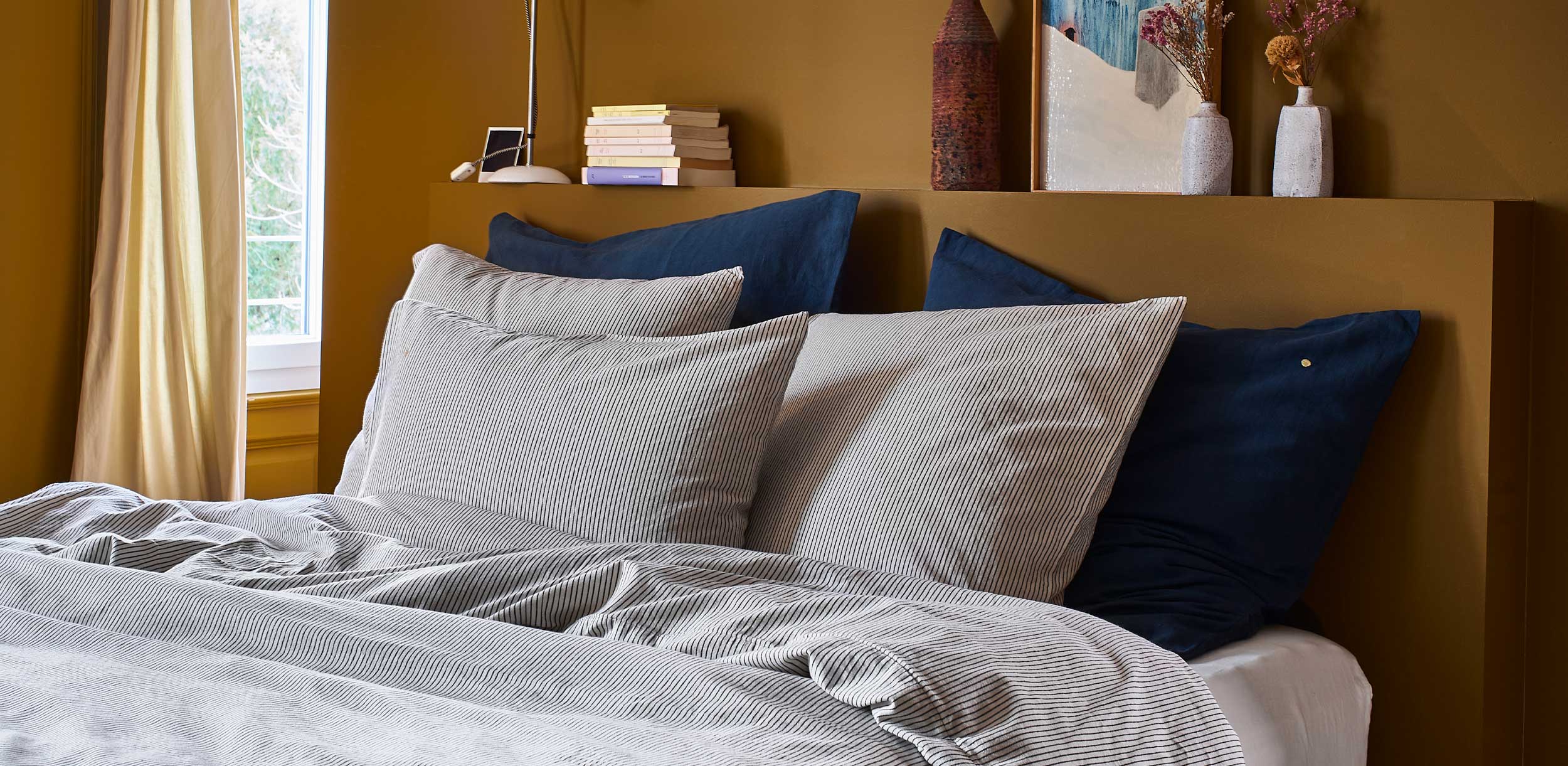
WASHING: GENTLENESS FIRST AND FOREMOST
Making the right choice of product
Industrial washing agents, especially the most sophisticated ones, contain numerous chemical substances that are harmful to health, waterways and groundwater. Those with bleaching agents or optical brighteners (detergents with beads) are particularly polluting, very aggressive on fabrics, and can also cause allergies and irritations. Instead, choose a very simple detergent (with few ingredients) based on Marseille soap, especially if you have sensitive skin. This will keep your bed linen soft over the wash cycle. Of course, opt for eco-labelled products, use eco-refills or concentrated products to reduce the amount of waste involved in caring for your linen as much as possible. Or better still, try our homemade washing powder recipe.
First wash
Before using our bed or bath linen, choose a short cycle in cold water. This will remove any residues left over from transport or production. Of course, our linen is already pre-washed at high temperature to soften it, fix the colours and prevent shrinkage when it is first put in the washing machine.
Daily maintenance
Follow the instructions on our labels. Most of the time, washing your La Cerise sheets at 40° is more than enough.
But if your tea towels or kitchen aprons are very dirty, you can wash them at 60°.
It's also important that your washing isn't crammed into the machine: it needs room to run around, so avoid overloading the drum.
And of course, don't mix light and dark!
Used to using fabric softener?
What if you replaced it with the same amount of white vinegar in the dedicated bin? It's a tried-and-tested grandmother's trick: vinegar is harmless to the skin and keeps your washing soft. It doesn't pollute, and is much gentler on fabrics than industrial fabric softeners. It also keeps colours bright.
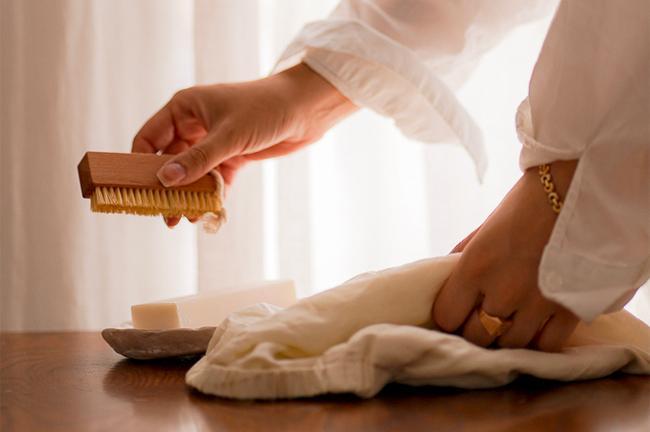
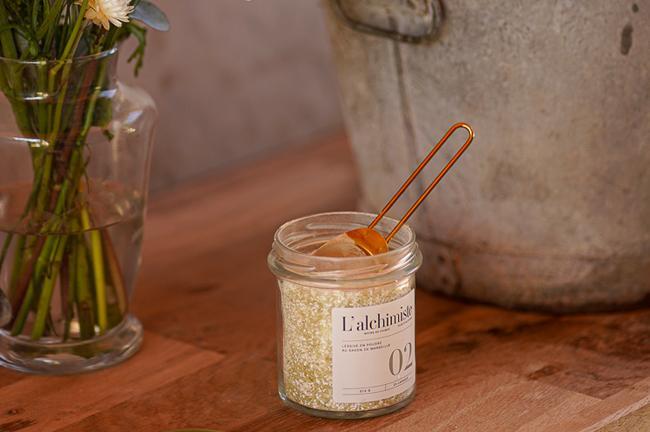
FREE DRYING, IRONING ...OPTIONAL!
Ideally, hang out your washing as soon as the wash cycle is finished.
This prevents bacteria from invading the still damp fibres. Of course, the best thing to do is to dry your washing outside, enjoying a gentle breeze... and on the edge of a lavender field! Not possible? A line, a drying rack or the banister of a staircase in a well-ventilated room will do the trick. Lay it out properly, avoiding overlaps, creases and corkscrewed corners: you'll save precious time when you fold it - it will return to its original shape on its own - and you can even skip the ironing stage.
To tumble dry or not to tumble dry?
No place to hang your sheets? Or no time to wait for them to dry "naturally"? You can of course opt for the tumble dryer, it won't be the end of the world!
Even though it's always better (for the planet and for the life expectancy of your clothes) to air-dry, almost all our products, including socks, can be tumble-dried. The only exceptions are toiletry bags and our bags with leather details. Wash them in the washing machine, then dry them on a line or drying rack, making sure that the leather 'handle' is not twisted. The leather will harden a little after being washed, but don't worry, it will regain its original flexibility as soon as it is used for the first time and will develop a patina over time, as our leathers are natural and not treated with chemicals.
Ironing
Our natural materials require no special skills. We'd even go so far as to say that our sheets and duvet covers don't need ironing at all. If you've put them in the tumble dryer, just fold them at the end of the cycle, while they're still warm: the result is impeccable. Otherwise, it's up to you, but we love the slightly crumpled, natural look of our washed percale or washed hemp without ironing (and that's not just because we're lazy!).
Iron tea towels with embroidery or silk-screen patterns on the reverse side, using a hot iron. These should not come into contact with the iron, but they are not at all afraid of the heat, which on the contrary helps to fix the screen print.
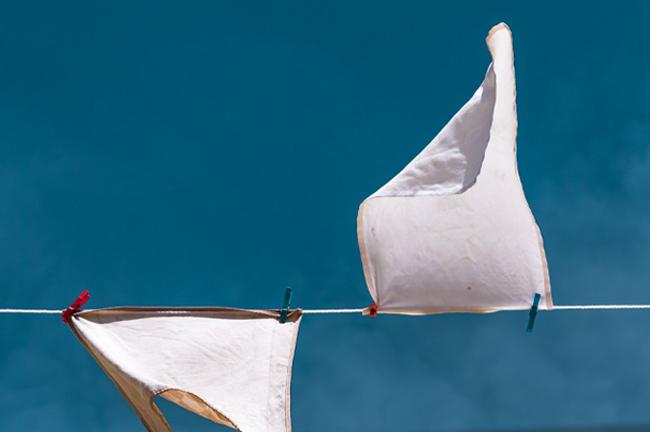
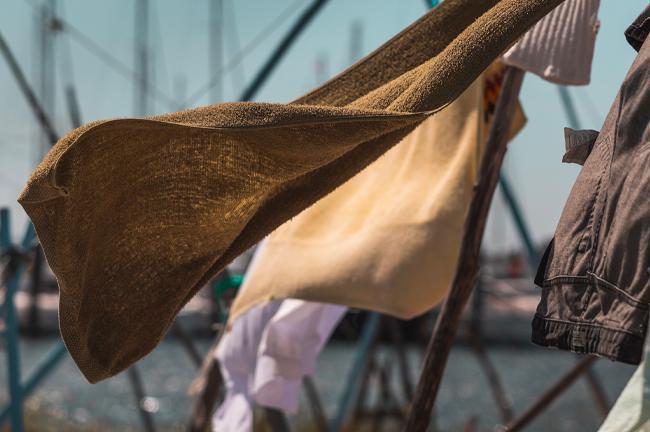
IN SUMMARY
The 10 commandments for bed linen!
1. A first wash to rinse off any traces of the journey.
2. Never overload the drum - don't pack your laundry!
3. Light and bright colours don't mix.
4. Use a gentle, organic detergent to keep your sheets soft and your skin irritation-free.
5. Read the labels indicating the ideal washing temperature.
6. Air-drying is ideal for bringing out the natural texture of fabrics!
7. Hang out your laundry properly to save time on ironing.
8. Use the tumble dryer when necessary, but don't overdo it...
9. Iron screen prints and embroidery on the reverse side
10. Sweet dreams!
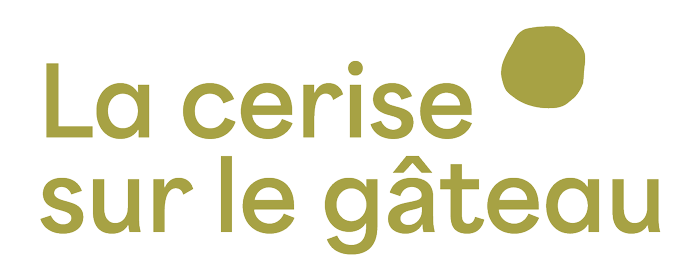

 fr
fr en
en